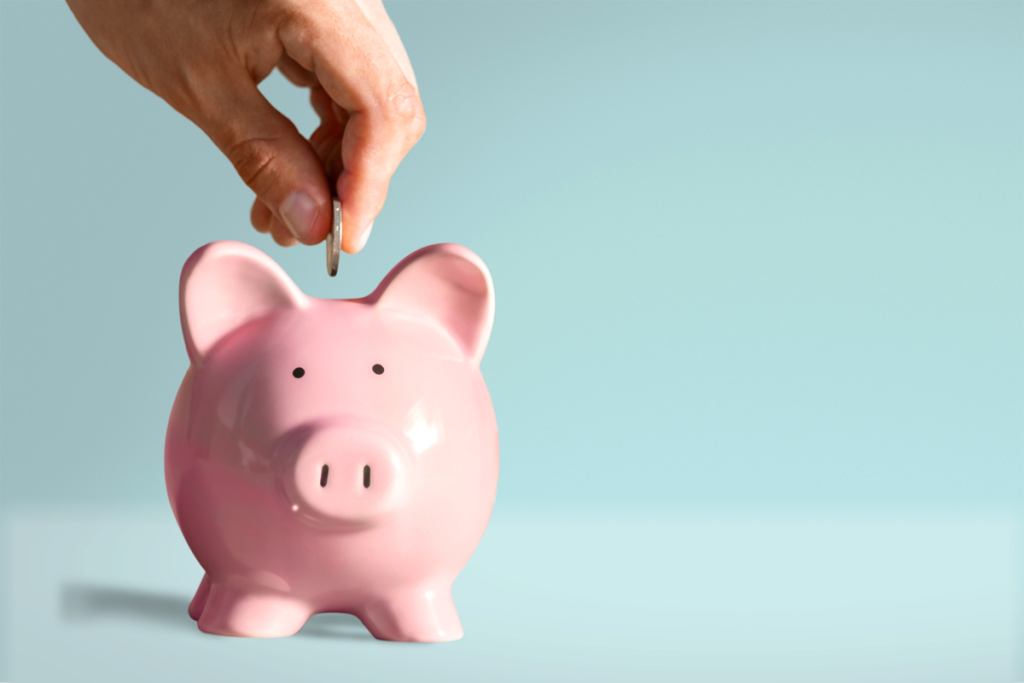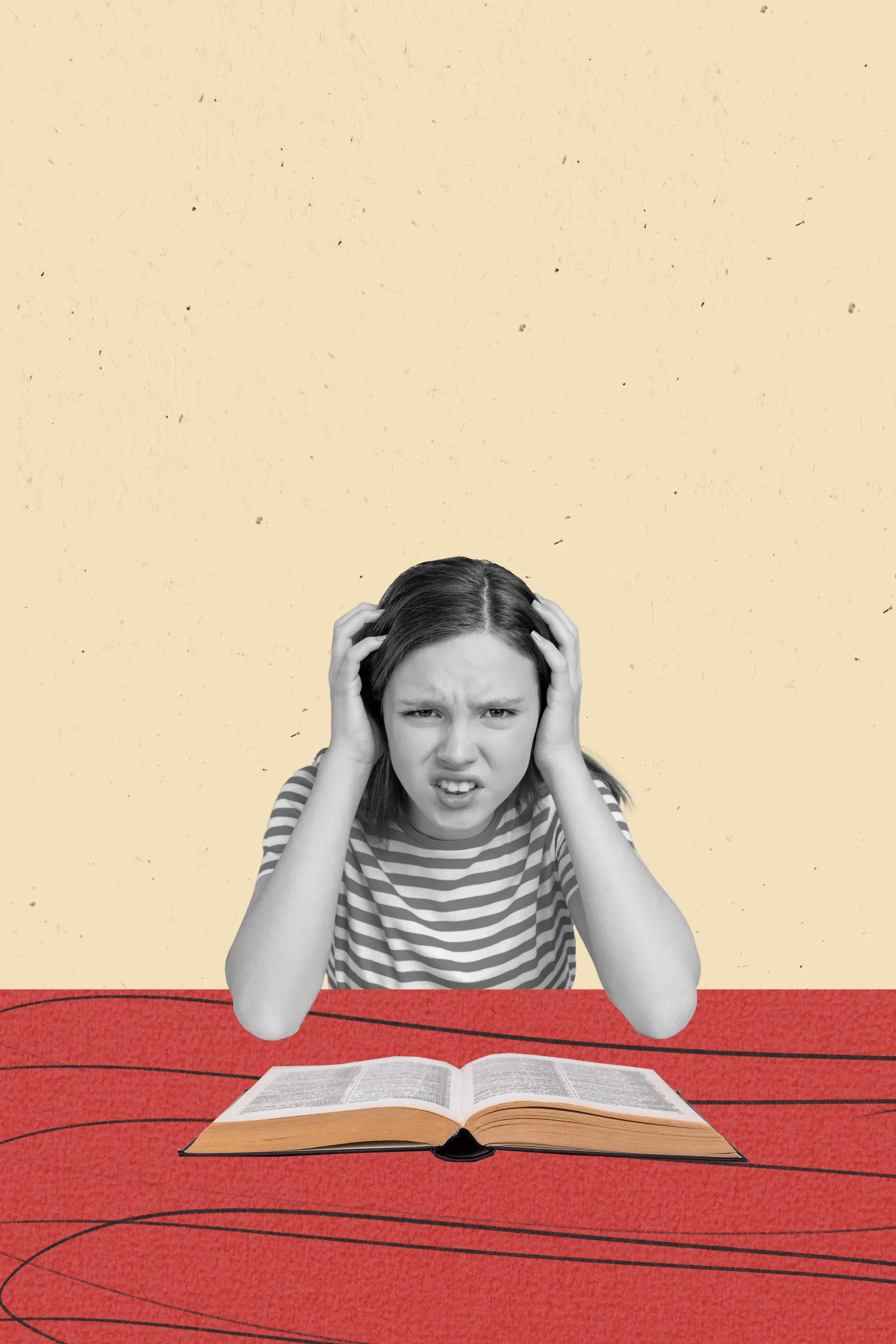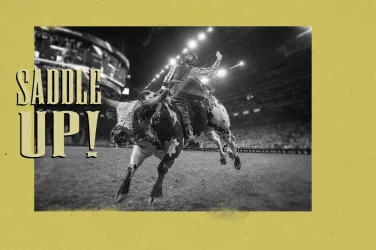
By Pete Alfano
A new year means a fresh start and is often filled with resolutions. People vow to stop smoking, lose weight, get fit, and work on their bad habits. Unfortunately, many of those promises won’t be kept. But one thing that shouldn’t be overlooked is your finances. Your economic health depends on it.
Whether you live paycheck-to-paycheck or have some discretionary income, it is good to know where your money is going and whether you can trim some fat from your budget. Here are some things to consider.
Should you start a retirement fund or contribute more to your employer’s 401k or your IRA, because those are pre-tax dollars that can lower your tax burden with the IRS? Or will it leave you short of cash?
What do you spend on food, clothing, and other necessities? Do you need to increase that total to
account for inflation?
Should you consolidate your debt and pay off credit card balances that most likely increased during the holiday season. The average American owes $6,200 on their credit cards and will pay much more if they make only the minimum payment. That’s because the average interest rate is 16%, according to creditcards.com. You may want to find a cash back credit card or one that has a zero-interest rate for a new account.
How much do utilities cost? You have all of 2020 in the books to average what gas, electric, and water bills are each month. They will fluctuate, of course, but you will have a good idea for budgeting purposes.
How much do you spend on internet and cable or satellite television bills? With many Americans sheltering in place because of COVID-19, you may have upgraded to a more expensive programming package. Can you save some money by going a la carte and paying separately for services such as Netflix, Amazon, Hulu, YouTube, and others?
With mortgage interest rates dropping below 3%, should you consider refinancing to lower your monthly payment or free-up cash for home improvements?
Even if you have job security, what does your rainy-day fund look like? Ideally, you would have from three-to-six-months’ worth of income stashed in a bank to pay for food, shelter, and other necessities if you lose your job, but any savings is better than none.
Do you have to purchase a big-ticket item such as a new car in 2021? If so, how much money will you put down, and how much will you finance? Consider a longer-term loan to lower the monthly payment. Also, purchase an extended warranty that covers technology. The dashboard of a new car looks like a commercial airliner’s cockpit, and all those bells and whistles are expensive to repair. Also, research and consider purchasing online because of discounts auto dealers offer.
It may seem daunting but knowing your bottom line will help you navigate any turbulent economic waters you encounter in 2021.









